Professional Courses
Industry-relevant training in Business, Technology, and Design
Categories
Interactive Games
Fun games to boost memory, math, typing, and English skills
Typing
Memory
Math
English Adventures
Knowledge
Mathematics Chapter Breakdown for the JEE Advanced Syllabus
Mathematics Chapter Breakdown for the JEE Advanced Syllabus
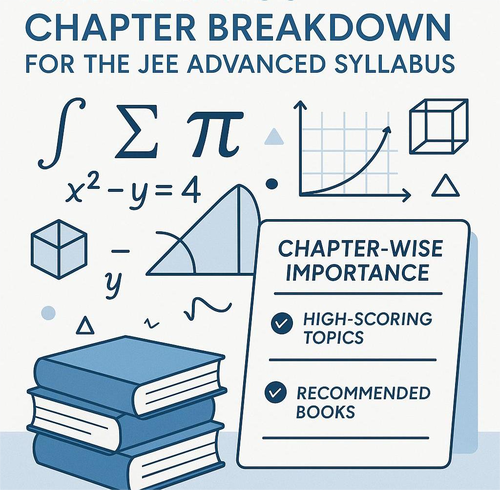
Mathematics is often the deciding factor in JEE Advanced. For some students, it feels like a scoring subject, while for others it becomes the most time-consuming part of preparation. Unlike Chemistry, where many questions come straight from NCERT, and Physics, where logic plays a big role, Maths demands practice. You can’t simply read theory and expect to score. You have to solve problems consistently.
In the JEE Advanced syllabus, Mathematics carries equal weight with Physics and Chemistry. Across Paper 1 and Paper 2, you’ll find challenging problems that test both your concepts and speed. But here’s the truth: not all chapters are equally important. By analysing past papers, we can rank topics and identify which areas are high scoring. Pair that with the best Maths books for JEE Advanced, and you have a clear roadmap.
Why Maths is Crucial in JEE Advanced
In JEE Advanced, every subject matters, but Maths often determines rank. That’s because the subject can be unpredictable: some years Calculus dominates, while other years Algebra or Coordinate Geometry carries more weight. Unlike Chemistry, where direct NCERT-based questions are common, Mathematics rarely gives anything straightforward. Even the simplest chapters can hide tough twists in problem statements.
Also, because Maths is usually the last subject in each paper, time management becomes key. Many students spend too long on Physics or Chemistry and enter the Maths section under time pressure. This makes smart preparation and prioritisation of chapters essential.
The Official Maths JEE Advanced Syllabus
The maths JEE Advanced syllabus includes topics from both Class 11 and Class 12. The official list covers:
- Algebra
- Trigonometry
- Calculus (Differential and Integral)
- Differential Equations
- Vectors and 3D Geometry
- Probability and Statistics
- Coordinate Geometry
- Matrices and Determinants
- Binomial Theorem and its applications
- Complex Numbers
- Permutations and Combinations
Every year, the exam picks questions from across these topics. But the frequency and difficulty differ.
Ranking Chapters by Importance
Based on analysis of past JEE Advanced papers, here’s a breakdown of chapters according to weightage and scoring potential.
1. Calculus
Calculus is the king of JEE Advanced Mathematics. Differential and Integral Calculus together make up nearly 30–35% of the questions. Topics like Limits, Continuity, Differentiability, Application of Derivatives, Definite Integrals, and Area under Curves are frequent.
Students often find Differential Equations tricky, but it too appears regularly. If you are short on time, prioritise calculus as it will give the maximum return.
Recommended Books:
- Problems in Calculus of One Variable by I.A. Maron
- Integral Calculus by Amit M. Agarwal (Arihant)
- Cengage Calculus series
2. Algebra
Algebra is vast and highly variable in weightage. In some years, it carries 20% of the paper, while in others, less. But topics like Quadratic Equations, Complex Numbers, Sequences and Series, and Binomial Theorem are almost always present.
Algebra is sometimes underrated, but past papers show it can fetch quick marks if you’ve practiced enough. The questions may look lengthy but often simplify with the right substitution.
Recommended Books:
- Higher Algebra by Hall & Knight (for sequences, series, and theory)
- Algebra by S.K. Goyal (Arihant)
- Cengage Algebra
3. Coordinate Geometry
This is another major scoring area, contributing about 15–20% of the questions. Straight Lines, Circles, Parabola, Ellipse, and Hyperbola all appear frequently. Three-dimensional geometry (3D Geometry) also falls under this category, with regular questions on distance, direction cosines, and planes.
The good thing about Coordinate Geometry is that questions are more formula-driven, which makes them scoring if you know the concepts.
Recommended Books:
- Coordinate Geometry by S.L. Loney
- Cengage Coordinate Geometry
- Plane Trigonometry by S.L. Loney (useful for linkages with trig + coordinate problems)
4. Vectors and 3D Geometry
Though part of Coordinate Geometry, Vectors deserve their own mention. Vector Algebra and 3D Geometry problems appear in nearly every JEE Advanced paper. They may look tough but are highly systematic once you’ve practiced.
Recommended Books:
- NCERT examples (for basics)
- Cengage Vector and 3D Geometry
5. Probability and Statistics
Probability consistently contributes 2–3 questions every year. Bayes’ Theorem, Conditional Probability, and Binomial Distribution are favourites. Statistics questions are fewer, but simple ones on mean, variance, or standard deviation can appear.
Recommended Books:
- Introduction to Probability by William Feller (for depth, if needed)
- NCERT Class 12 Mathematics
- Cengage Probability
6. Trigonometry
Trigonometry, especially Identities, Equations, and Inverse Trigonometric Functions, is tested both directly and indirectly. Many problems in Calculus and Algebra use trigonometric substitutions, making this chapter important indirectly too.
Recommended Books:
- Trigonometry by S.L. Loney
- Arihant’s Trigonometry
7. Matrices and Determinants
This chapter is considered scoring. Questions often appear from properties of determinants, inverse of matrices, or system of linear equations. Even one or two questions from here can be free marks if you’ve practiced.
Recommended Books:
- Cengage Algebra
- NCERT examples
8. Miscellaneous Topics
Topics like Permutations and Combinations, Mathematical Induction, and Logarithms may not carry huge weight, but they do appear occasionally. Since they are relatively straightforward, revising them before the exam can give you quick marks.
High-Scoring Areas
Looking at past 10 years of JEE Advanced papers, these are the high-scoring areas in the maths JEE Advanced syllabus:
- Differential Calculus (limits, derivatives, AOD)
- Integral Calculus (definite integrals, areas)
- Coordinate Geometry (conics, 3D)
- Probability
- Matrices and Determinants
If you can master these, you secure nearly half the Maths portion. The rest should be covered systematically, but these areas give you the maximum return.
Best Maths Books for JEE Advanced
Choosing the right books is as important as choosing the right chapters. For JEE Advanced Mathematics, a mix of theory-building and problem-solving is needed.
- I.A. Maron – Problems in Calculus of One Variable (best for calculus depth)
- S.L. Loney – Coordinate Geometry and Trigonometry (classic for fundamentals)
- Hall & Knight – Higher Algebra (great for algebra practice)
- Cengage Mathematics Series (comprehensive set for all topics)
- Arihant series by Amit M. Agarwal and S.K. Goyal (good problem-solving books aligned with JEE style)
Start with NCERT for basics, then use these for advanced practice.
Strategy to Ace Maths in JEE Advanced
The biggest mistake students make in Maths is trying to solve every problem they see. This leads to burnout. Instead, follow a structured plan:
- Clear the basics first – NCERT examples are underrated but crucial.
- Choose one main reference book per topic – don’t overload with multiple books.
- Solve past JEE Advanced papers – they reveal question styles and integration of chapters.
- Take timed mocks – Maths often gets rushed in exams; timed practice is essential.
- Revise formulas weekly – integration, derivatives, trigonometric identities, and probability formulas must be on your fingertips.
Balancing Maths with Physics and Chemistry
Since Maths is lengthy, balance is key. Don’t spend all your time here and neglect the other two subjects. Plan your timetable with daily problem-solving in Maths, but also consistent revision in Physics and Chemistry.
If you’re in Class 11 or Class 12, integrate board topics with JEE Maths preparation. If you’re younger and in Class 9 or Class 10 then start with algebra basics and NCERT. Platforms like AllRounder.ai help build these foundations so you’re ready for advanced problem-solving later.
Final Thoughts
Mathematics in the JEE Advanced syllabus can look daunting, but breaking it down chapter by chapter makes it manageable. Prioritise Calculus, Algebra, and Coordinate Geometry, since they form the bulk of the paper. Don’t ignore Probability, Vectors, and Matrices as they are small but scoring. Use NCERT to build basics, then move to the best maths books for JEE Advanced like I.A. Maron, S.L. Loney, Hall & Knight, and Cengage.
With practice, patience, and the right resources, Maths can go from being a time trap to your strongest weapon in JEE Advanced. Platforms like AllRounder.ai make preparation easier by linking school learning with IIT-level practice. With the right strategy, you can ace Maths and boost your chances of achieving a top IIT rank.
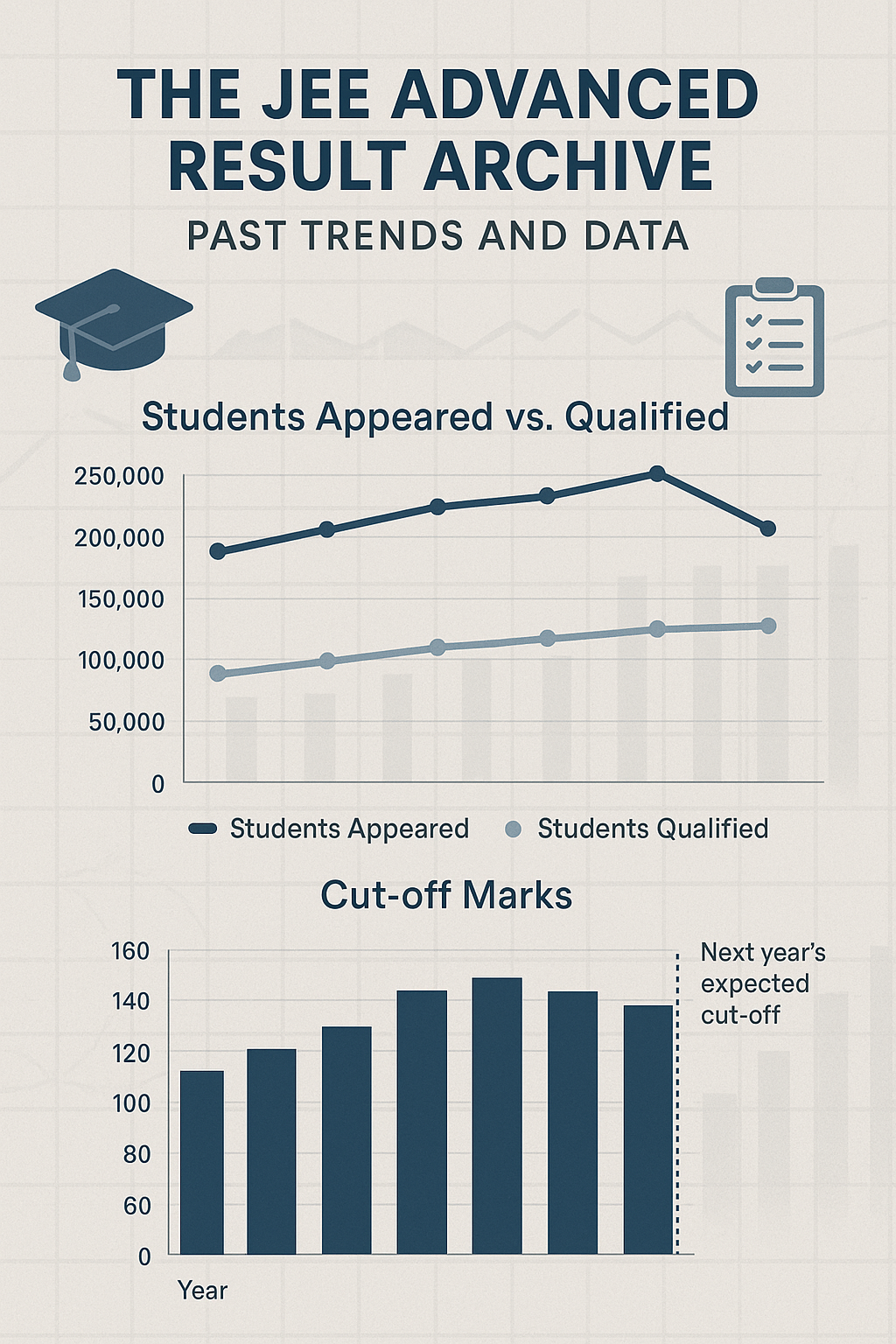
Explore the JEE Advanced Result Archive with past years’ data, insights on students appeared vs qualified, cut-off...
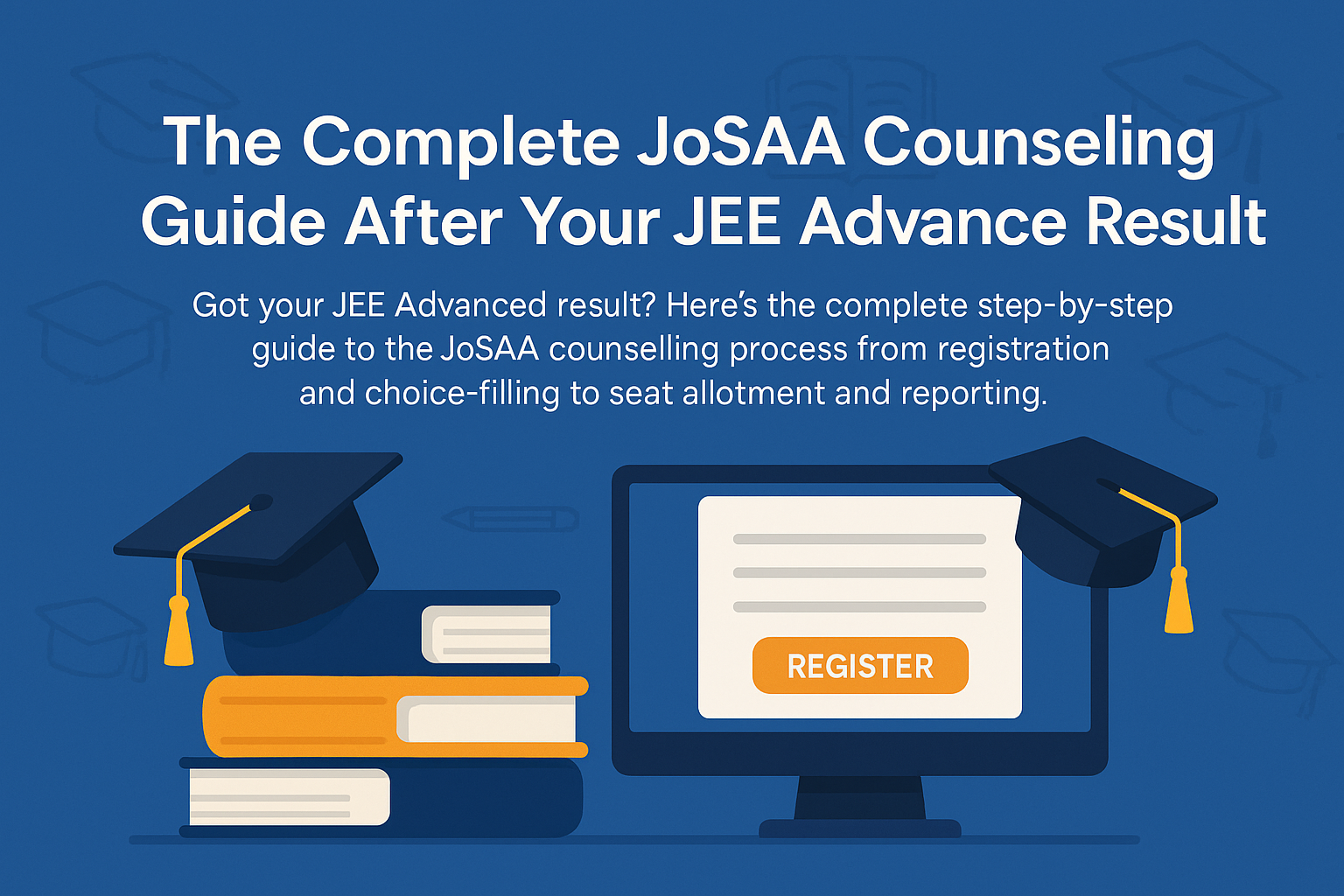
Got your JEE Advanced result? Here’s the complete step-by-step guide to the JoSAA counselling process from...
.jpg?width=500)
How many seats in JEE Advanced? Explore IIT seat distribution across all branches like CSE, Mechanical, Aerospace,...
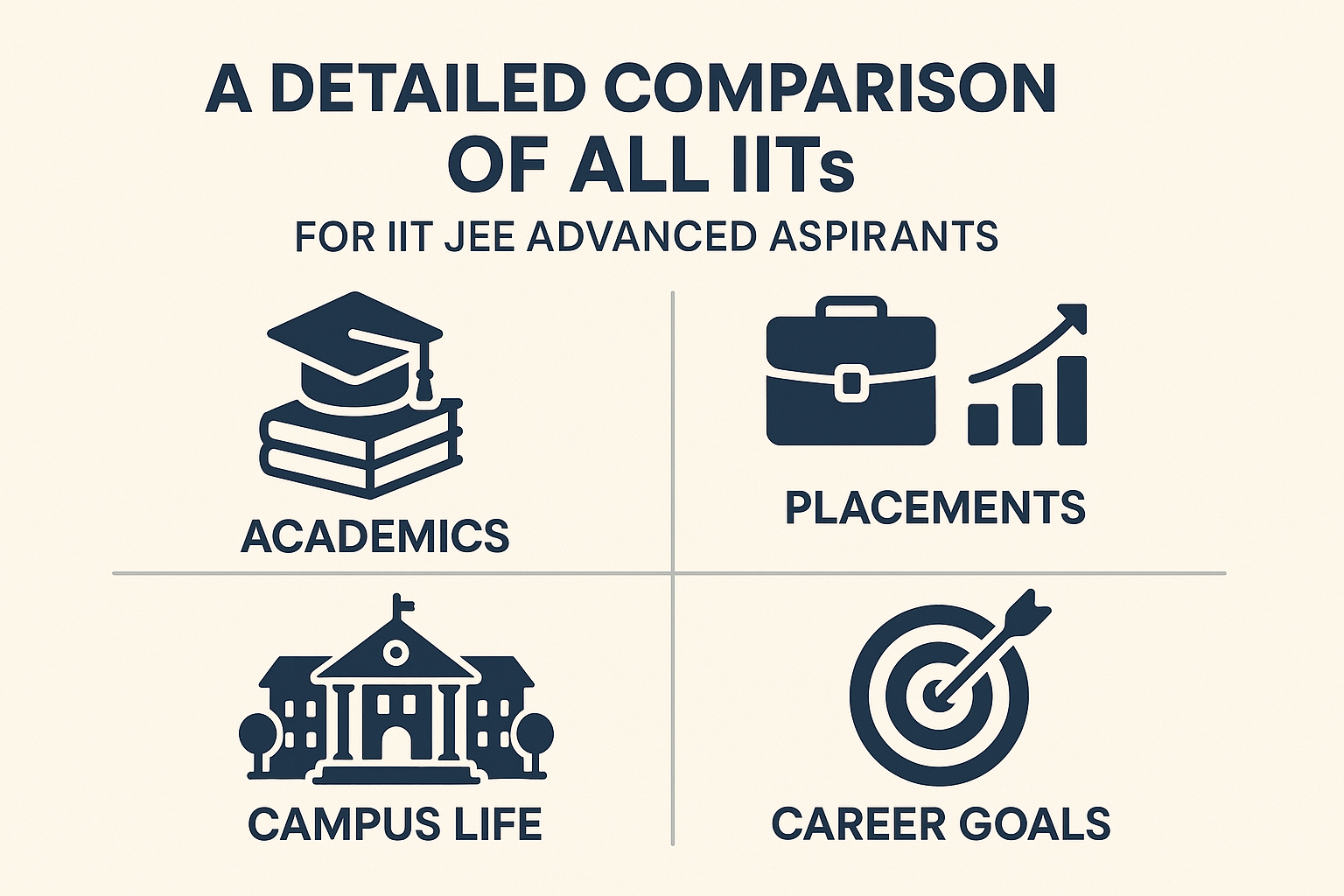
Compare all IITs for JEE Advanced aspirants. Learn about academics, placements, campus life, and find which IIT is...
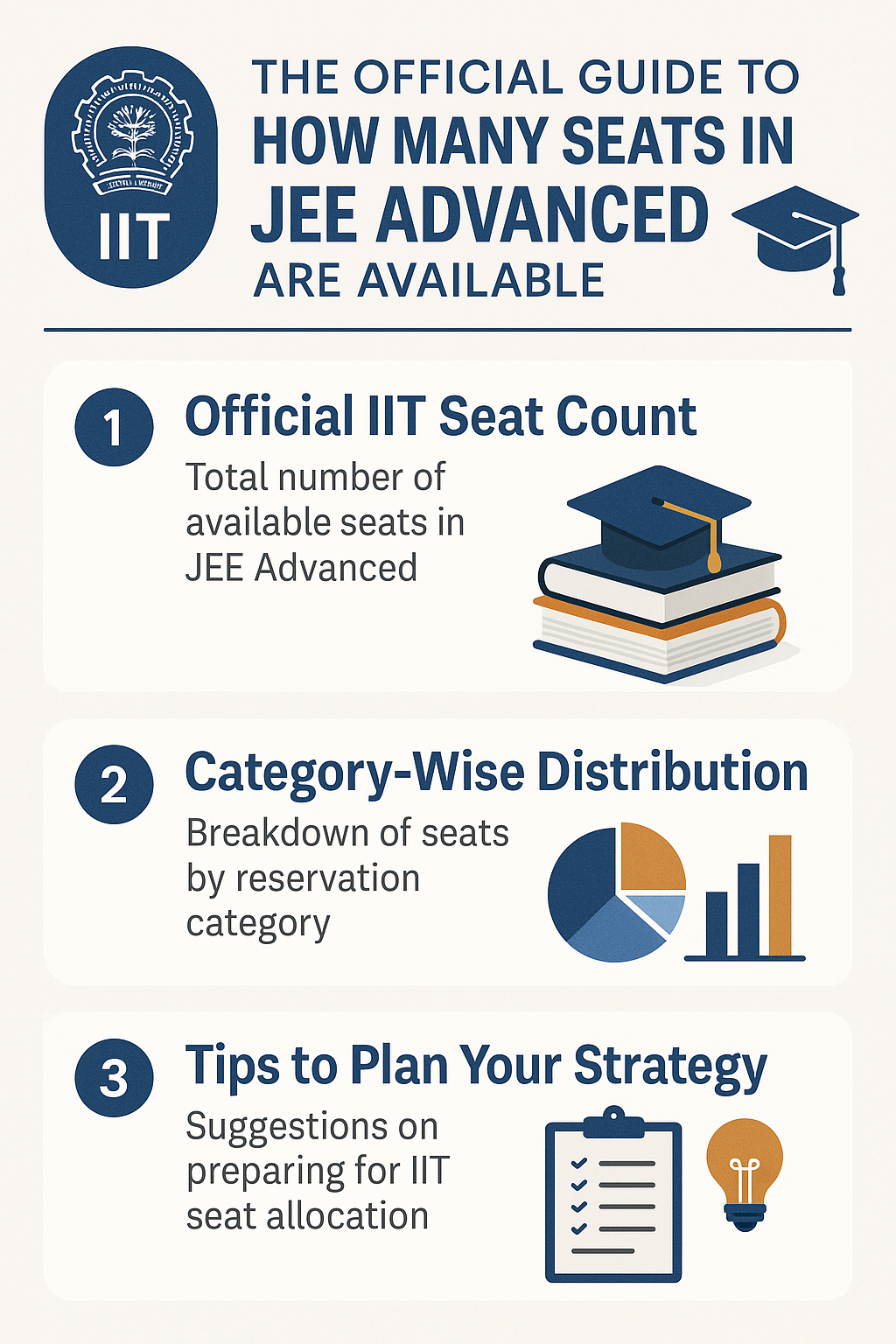
Wondering how many seats in JEE Advanced are available? Get the official IIT seat count, category-wise distribution,...
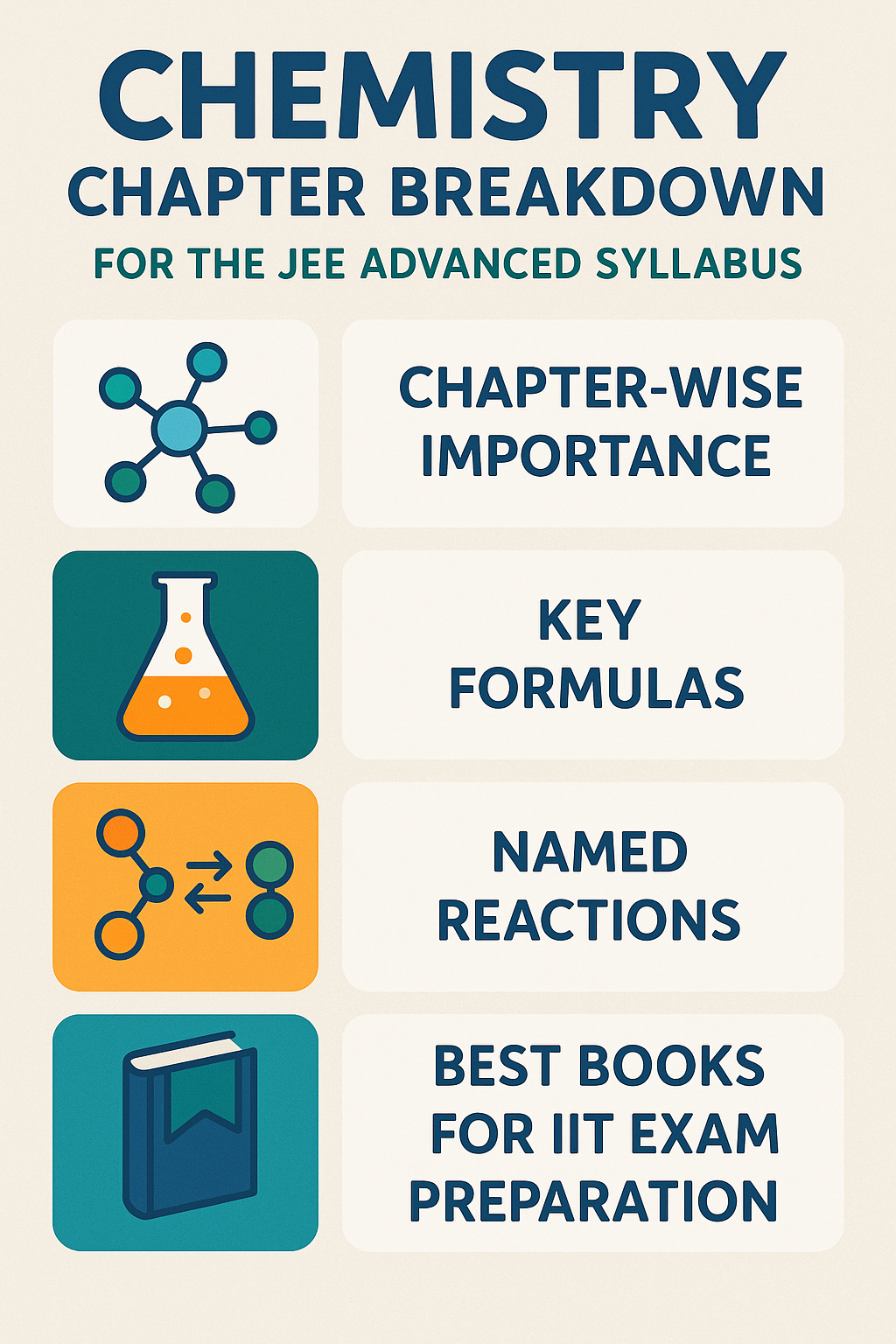
Explore the Chemistry JEE Advanced syllabus with chapter-wise importance, key formulas, named reactions, and the...

Explore the Maths JEE Advanced syllabus with chapter-wise importance, high-scoring topics, and the best books to...
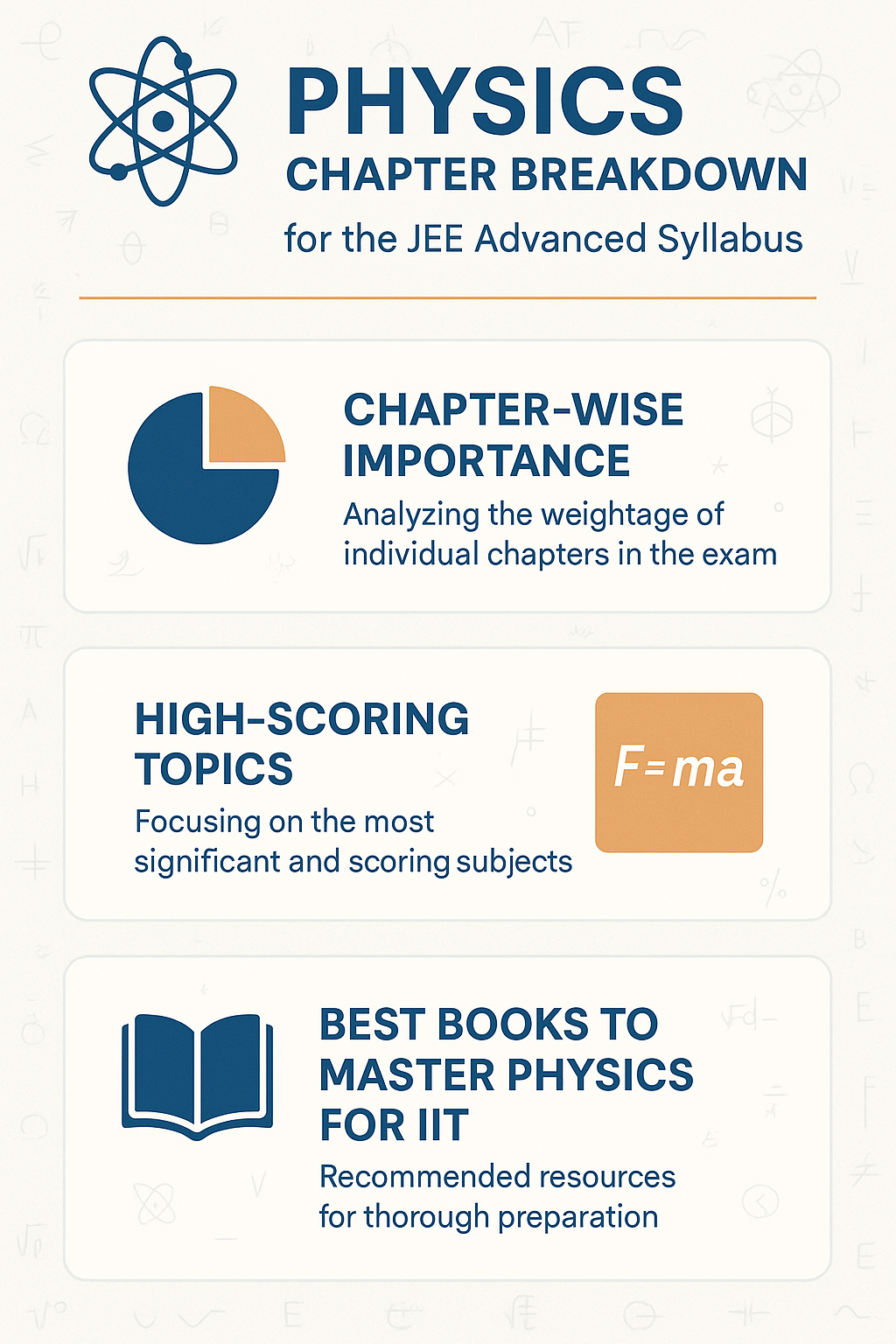
Explore the Physics portion of the JEE Advanced syllabus. Get chapter-wise importance, high-scoring topics, and the...
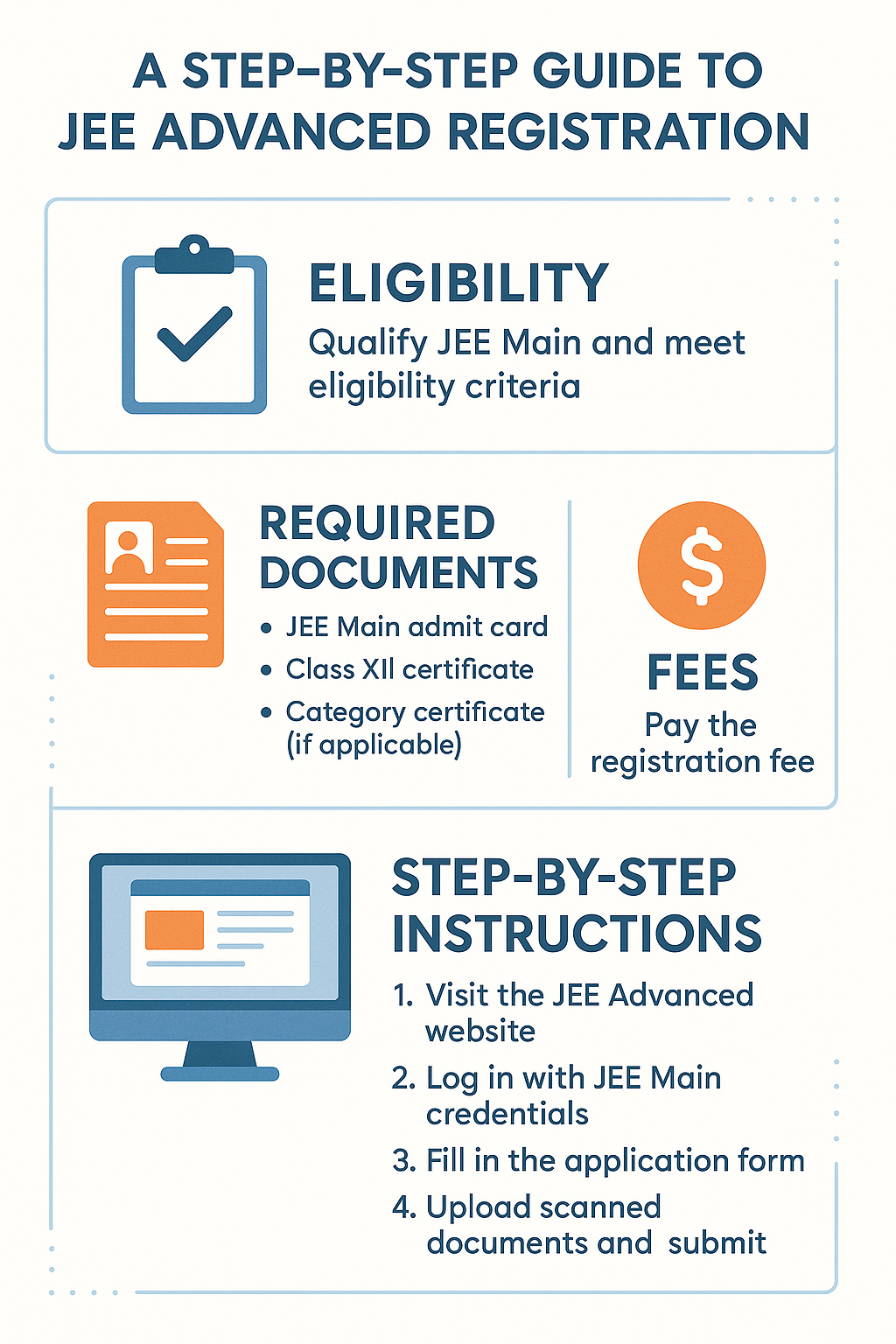
Learn the complete JEE Advanced registration process. Check eligibility, required documents, fees, and step-by-step...
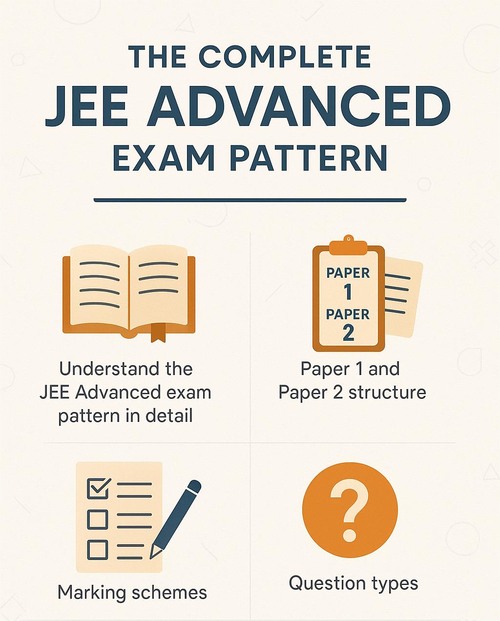
Understand the JEE Advanced exam pattern in detail. Learn about Paper 1 and Paper 2 structure, marking schemes,...
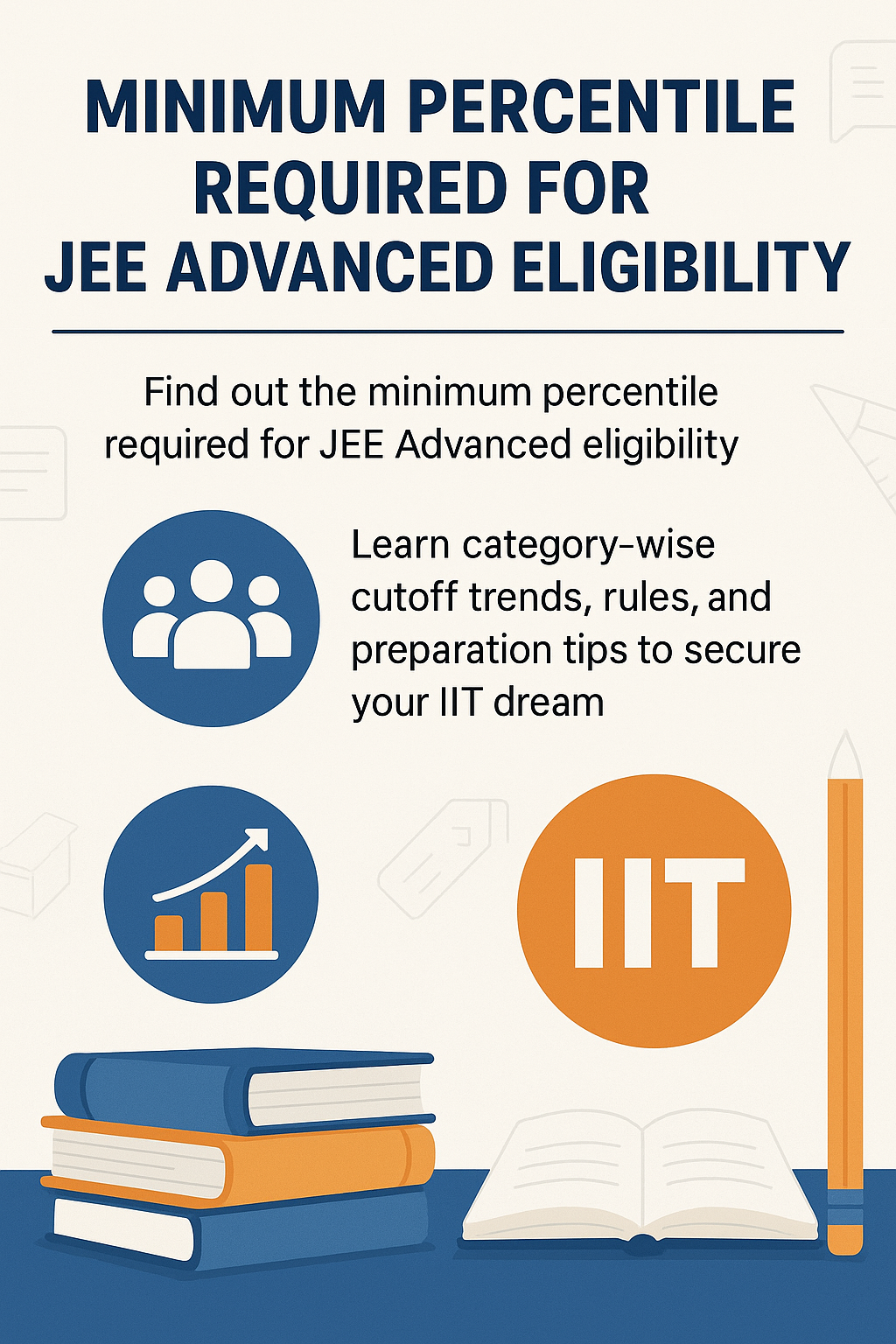
Find out the minimum percentile required for JEE Advanced eligibility. Learn category-wise cutoff trends, rules, and...
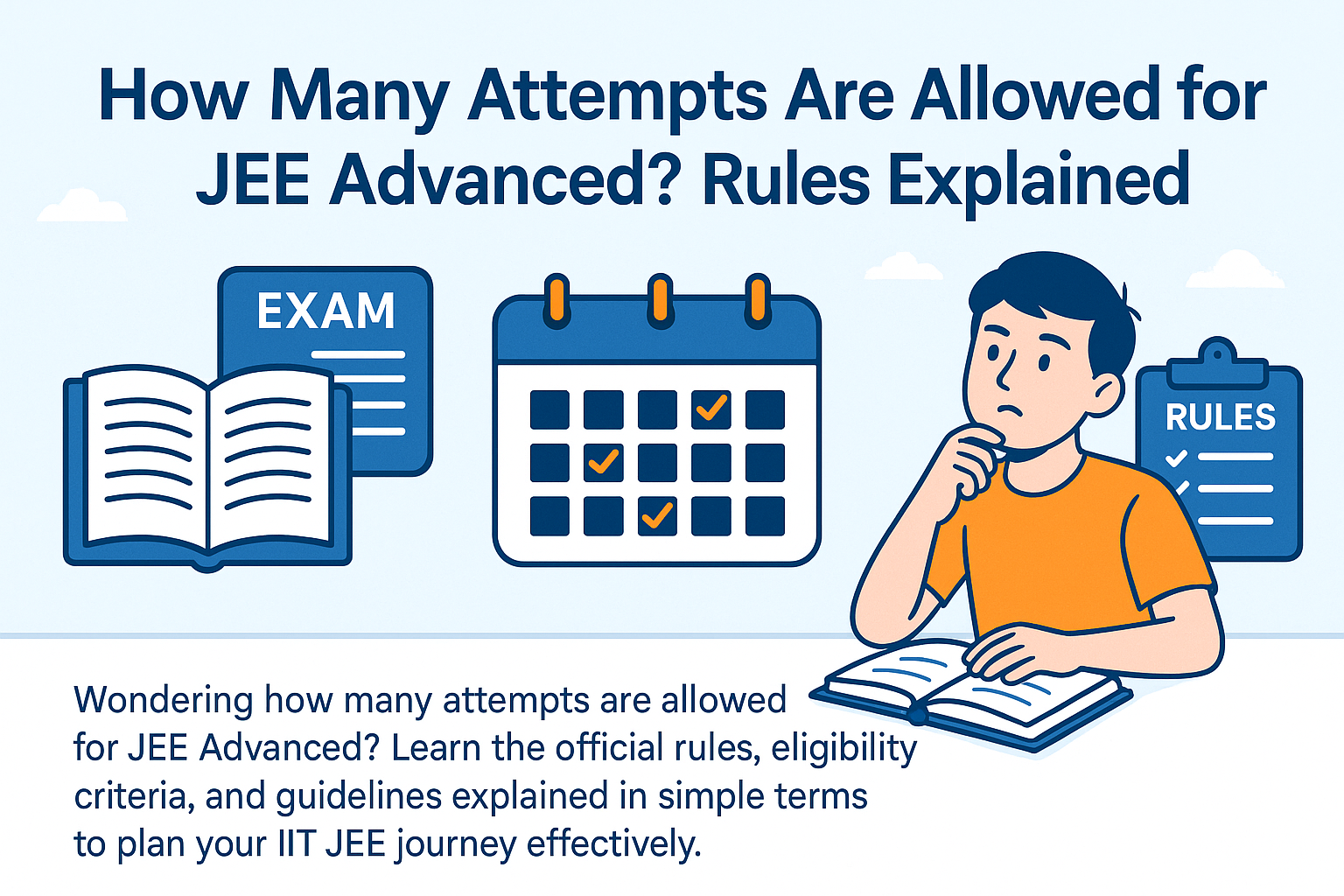
Wondering how many attempts are allowed for JEE Advanced? Learn the official rules, eligibility criteria, and...
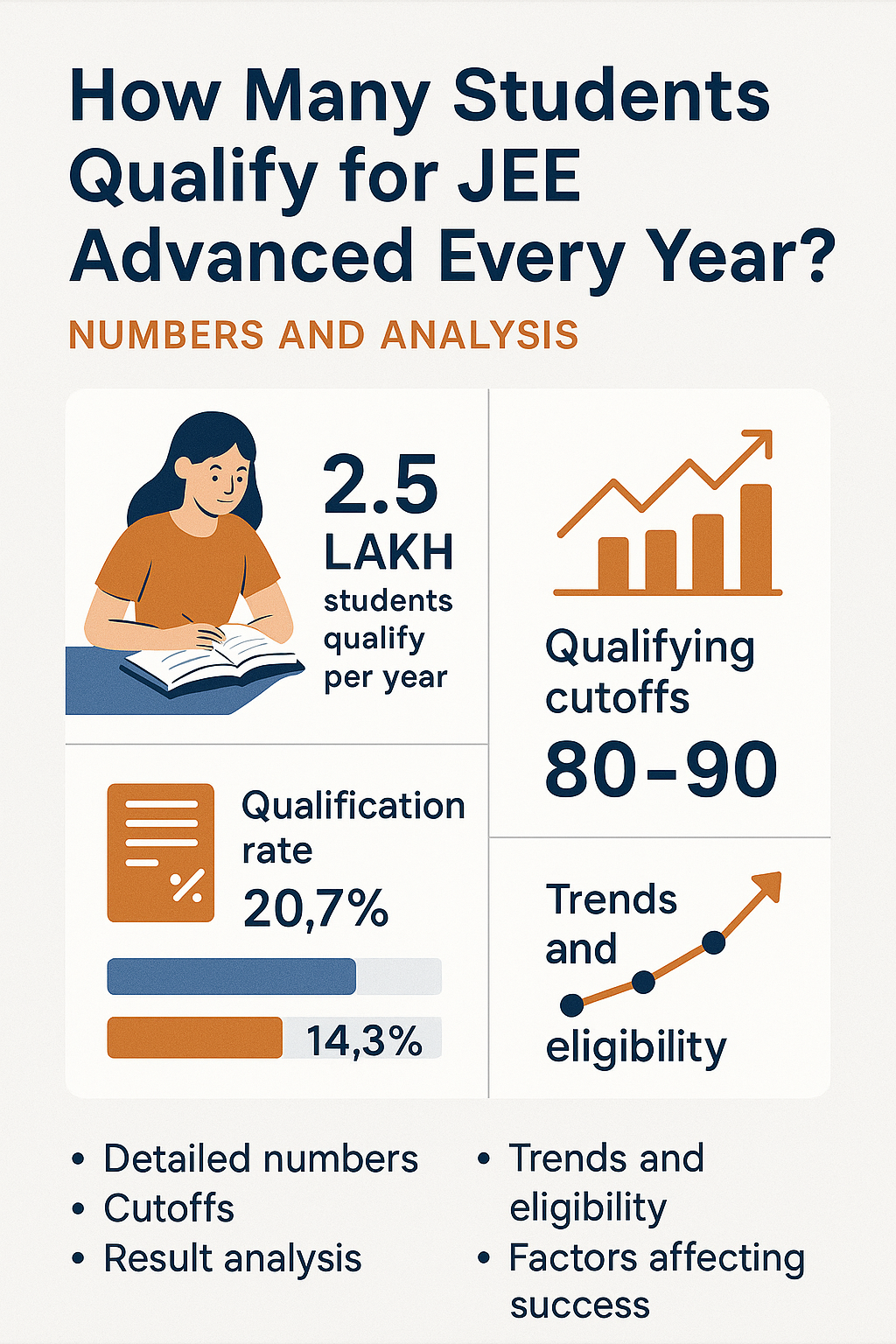
Discover how many students qualify for JEE Advanced every year with detailed numbers, cutoffs, and result analysis....

Stay updated with the latest JEE Advanced news. Get details on exam dates, registration process, results, and...
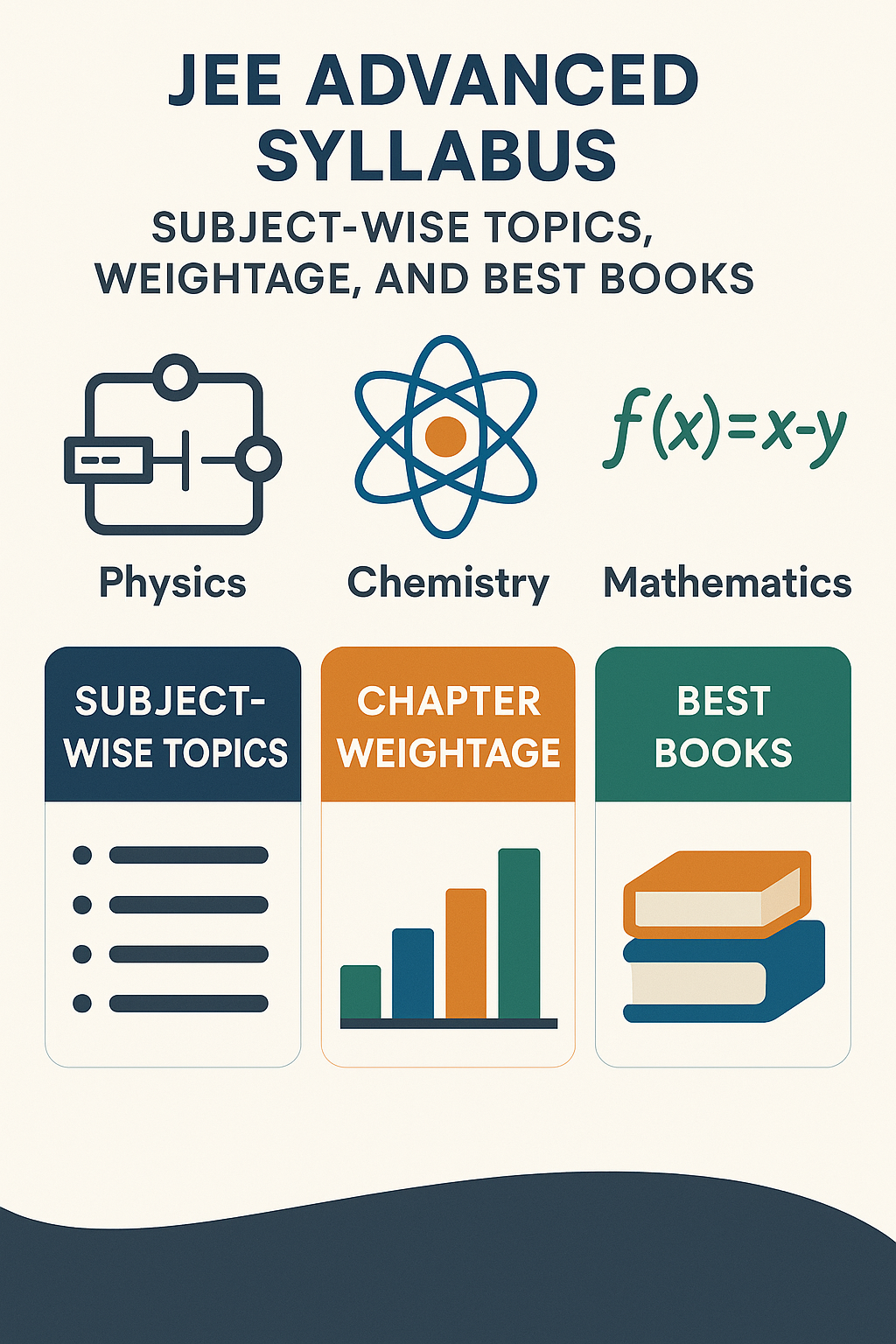
Explore the complete JEE Advanced syllabus with subject-wise topics, chapter weightage, and best books for Physics,...
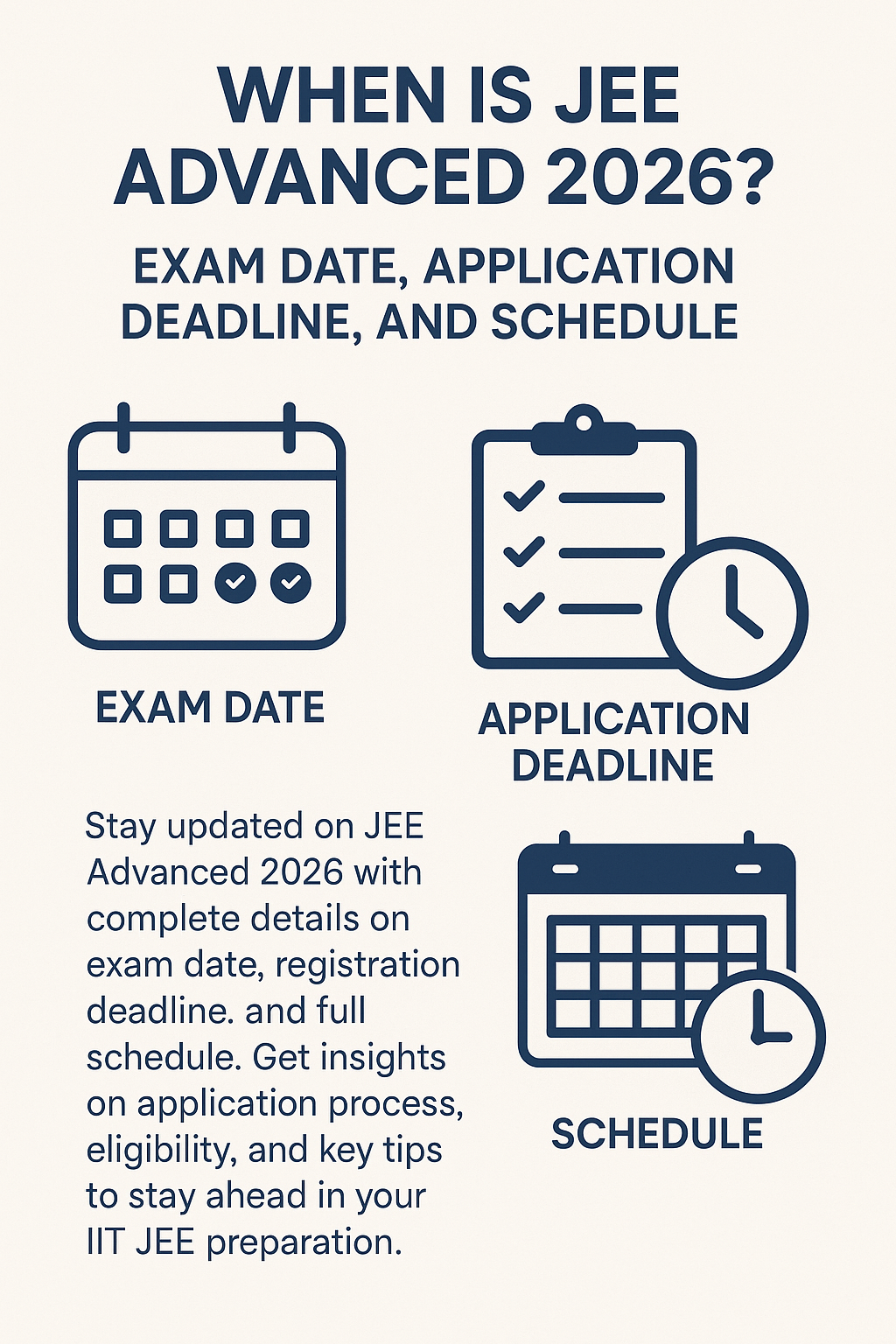
Stay updated on JEE Advanced 2026 with complete details on exam date, registration deadline, and full schedule. Get...
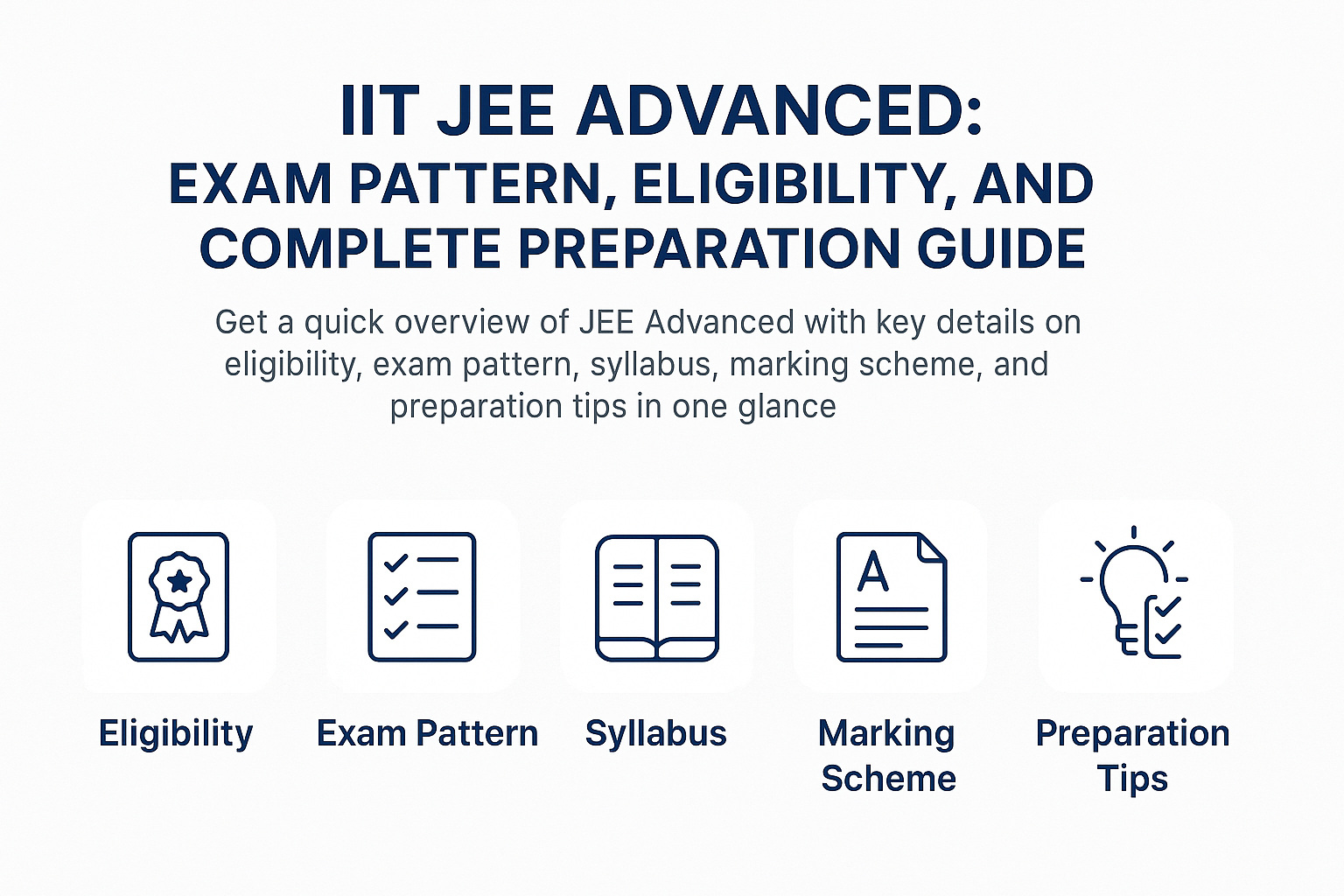
Get a quick overview of JEE Advanced with key details on eligibility, exam pattern, syllabus, marking scheme, and...
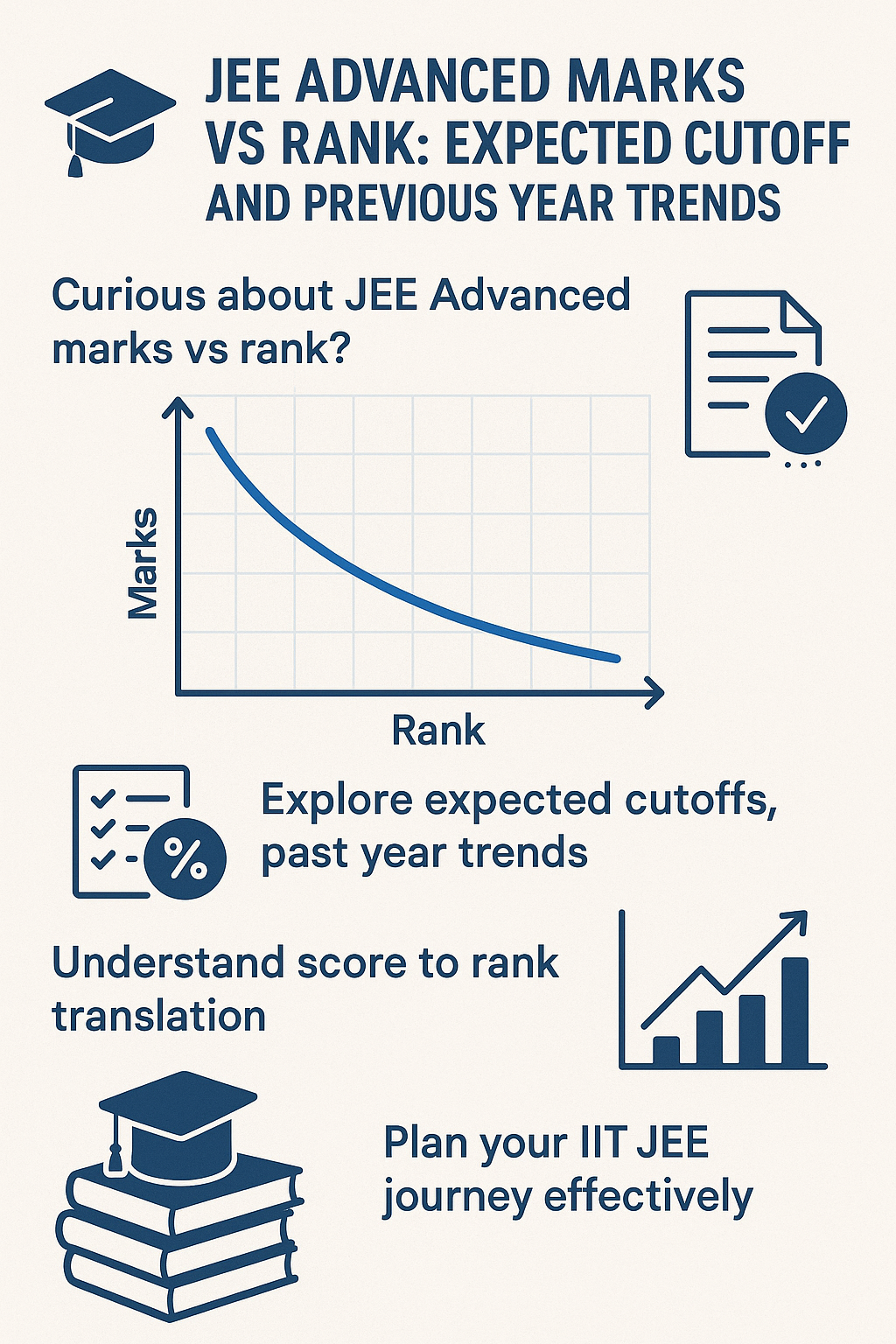
Curious about JEE Advanced marks vs rank? Explore expected cutoffs, past year trends, and how your score translates...
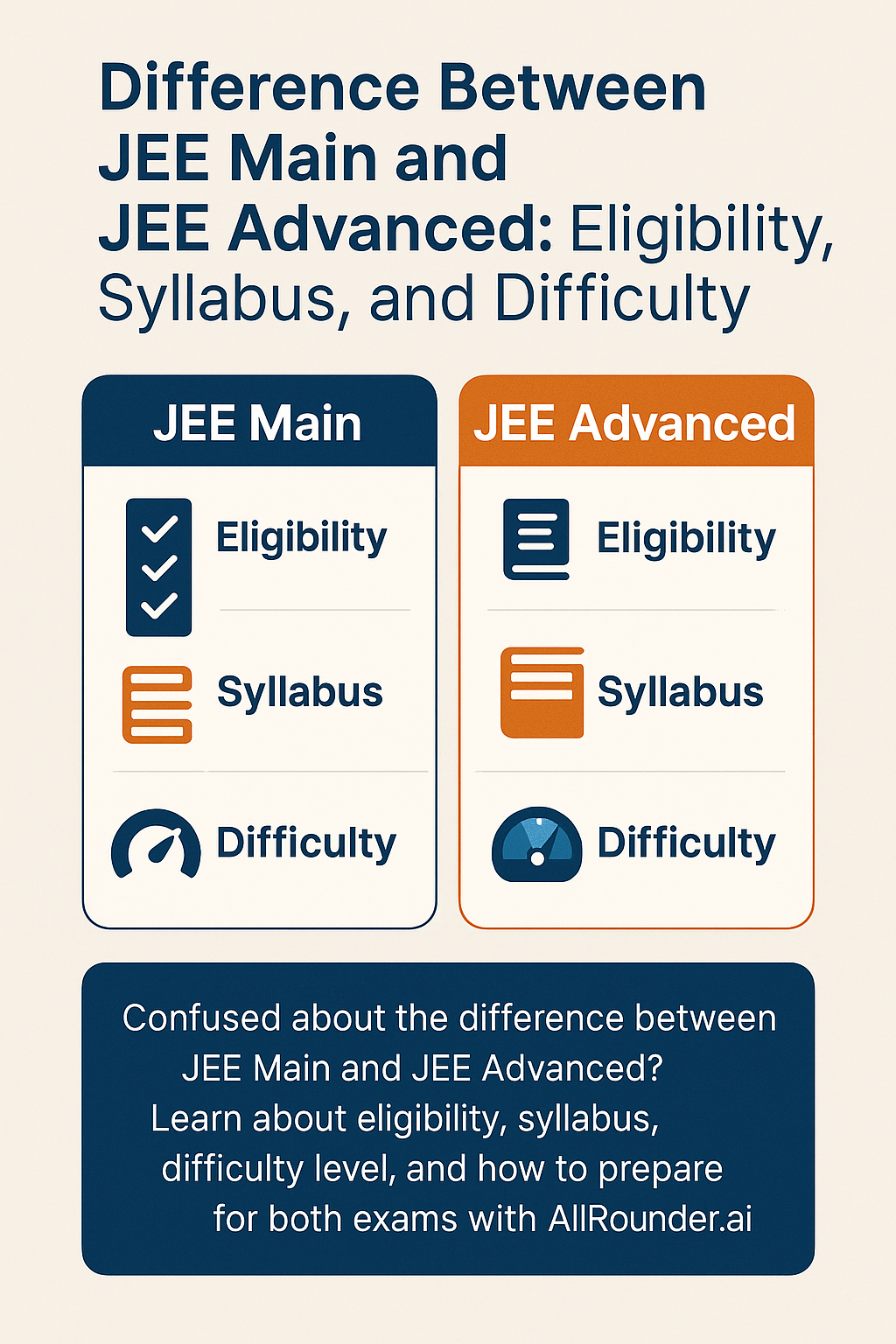
Confused about the difference between JEE Main and JEE Advanced? Learn about eligibility, syllabus, difficulty...
Resources
-
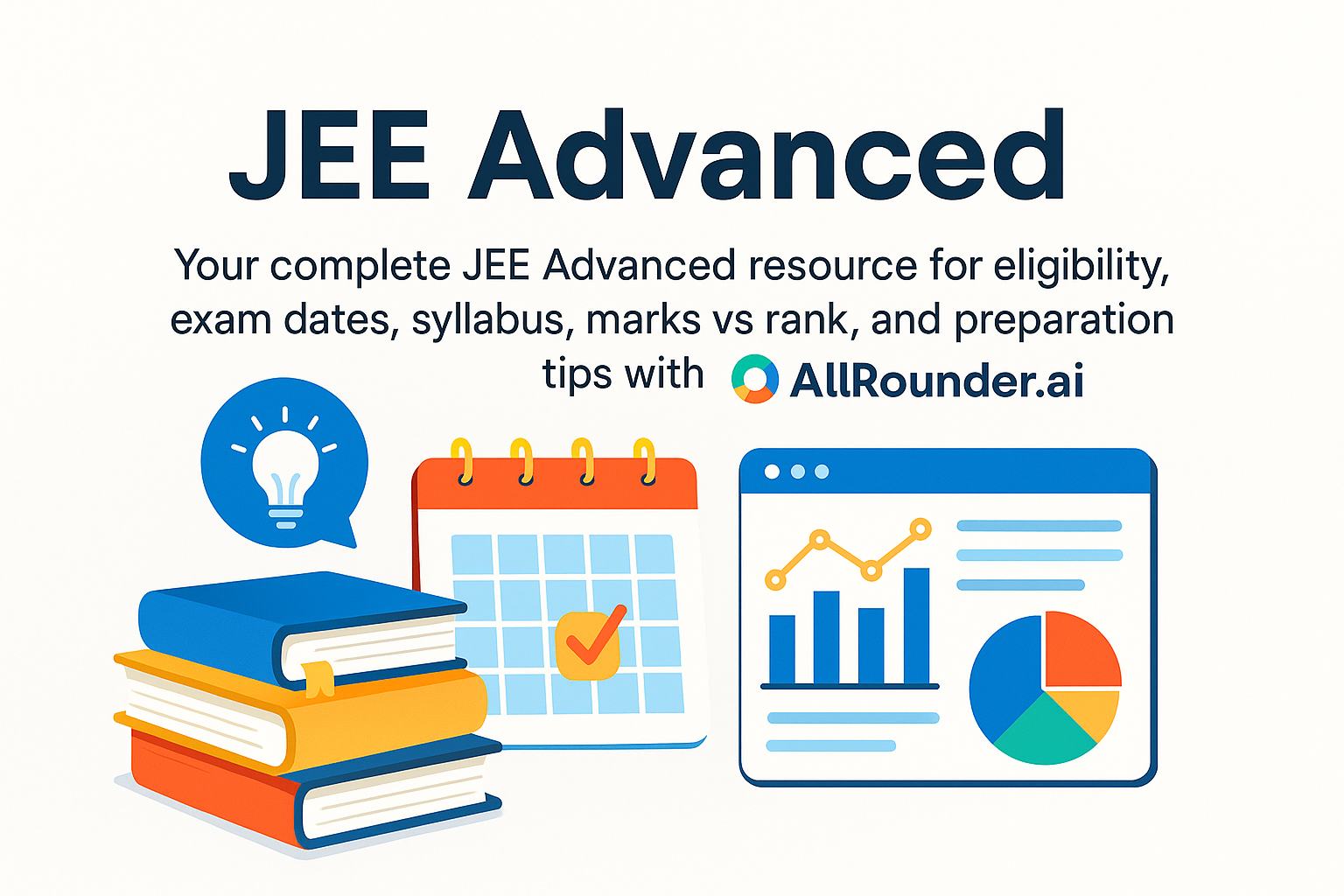
Your complete JEE Advanced resource for eligibility, exam dates, syllabus, marks vs rank, and...
-
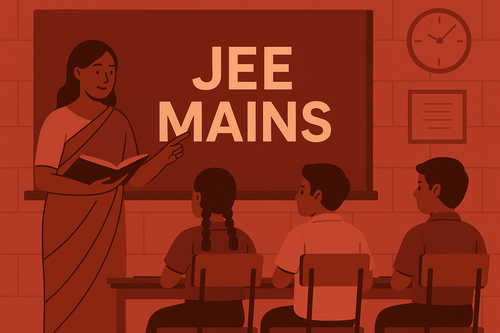
Understand the entire JEE Main process, from application and eligibility rules to the exam...
-

Explore the IB Board – a global curriculum emphasizing holistic, student-centered learning...
-

Learn about CBSE – India’s national school board offering a standardized curriculum, NCERT...
-

Explore everything about the ICSE board – its curriculum, subjects, exam format, and academic...

